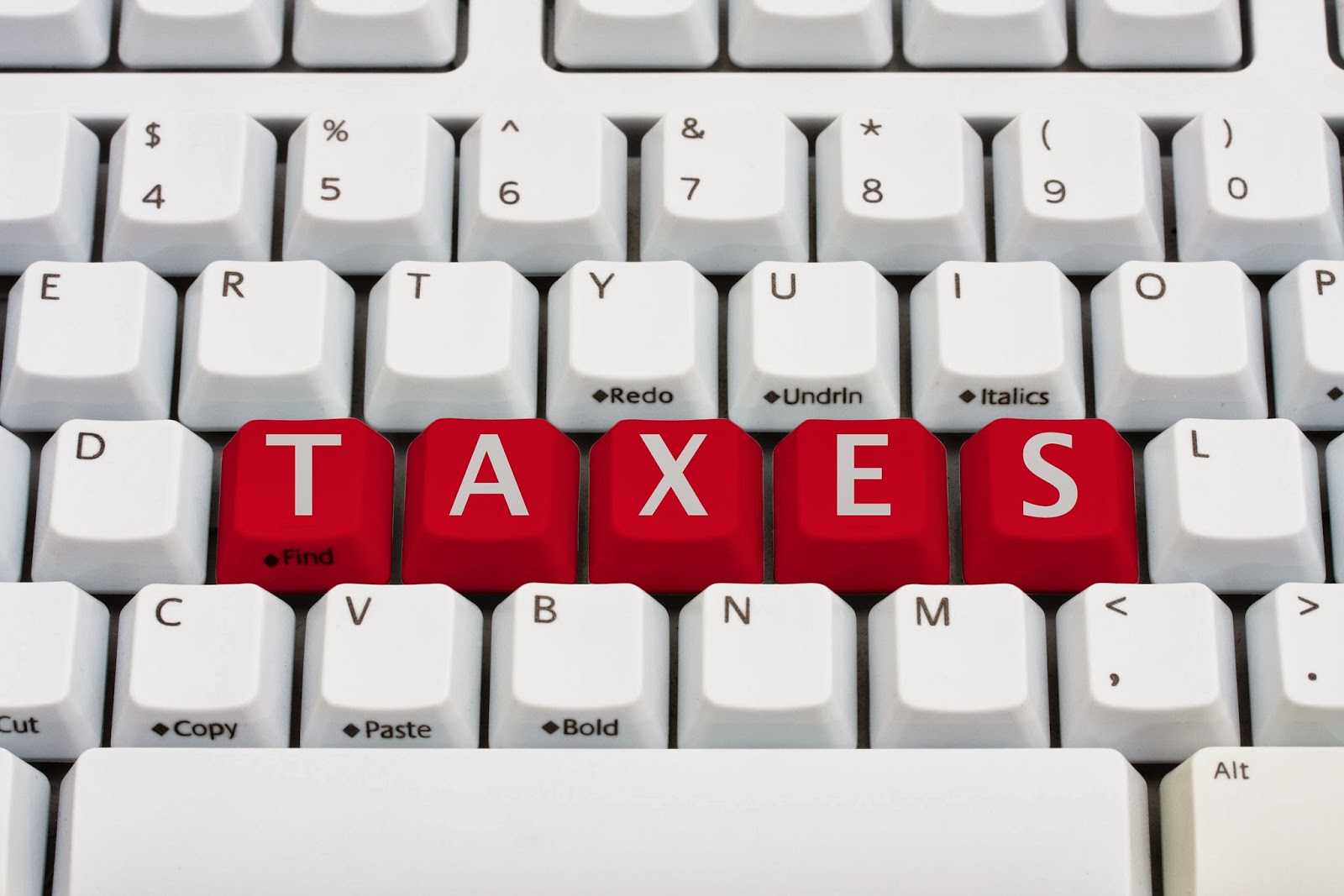Sales Tax
National Average Sales Tax at 5.45%, While 201 Localities Changed Indirect Tax Policies
While the average U.S. sales tax rate remained unchanged in the fourth quarter, the number of indirect tax changes increased from the previous quarter, according to the latest ONESOURCE Indirect Tax report from Thomson Reuters.
Jan. 26, 2015

While the average U.S. sales tax rate remained unchanged in the fourth quarter, the number of indirect tax changes increased from the previous quarter, according to the latest ONESOURCE Indirect Tax report from Thomson Reuters.
The report, which summarizes changes in sales, use and value-added tax, shows that statewide retail sales tax remained unchanged across the nation, allowing the average rate to remain steady at 5.457 percent. Tax code amendments rose 14 percent to 201, making the fourth quarter the second busiest of the year.
“We are seeing a lot of activities around the jurisdictional levels,” said Carla Yrjanson, vice president of tax research and content at Thomson Reuters. “Changes around the non-standard rates also experienced growth which puts a greater burden on tax professionals to increase their vigilance in ensuring compliance this tax season.”
The average county taxes changed marginally by 0.08 percent to 1.252 percent while the average city rates changed 0.011 percent to 1.764 percent, up from 1.762 percent in the third quarter.
Indiana, Mississippi, New Jersey, Rhode Island and Tennessee once again tied for the highest rates at 7 percent. Colorado had the lowest rate at 2.9 percent among the non-zero states. Alaska, Delaware, Montana, New Hampshire and Oregon remained the shoppers’ dreamland with zero percent rates, where all, except Alaska, prohibit local sales taxes.
Though Alaska doesn’t collect a statewide sales tax, five of its local jurisdictions have the highest rates in the country, with Wrangell County leading at 7 percent. Similarly, seven percent of its cities had the highest nationwide rates, with Kodak City leading again at 7 percent.
Nevertheless, Tuba City, Arizona, retained the overall lead with a combined total burden of 12.6 percent, even after a 0.125 percent drop from the third quarter.
Internationally, the Bahamas introduced a value-added tax (VAT) with a 7.5 percent standard rate as Sri Lanka lowered the same from 12 to 11 percent. Argentina and the Czech Republic added reduced rates to their existing tax bases and several states in India expanded VAT rates to include gasoline, diesel and jet fuel among a list of declared goods and services.
